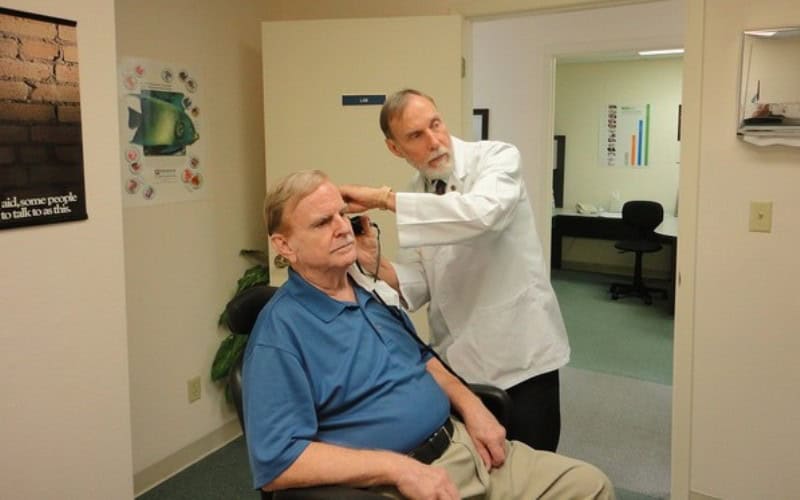Washington: A study conducted by researchers at Johns Hopkins Bloomberg School of Public Health recently deduced that a high proportion of older people with hearing aids report having trouble hearing and difficulty accessing hearing care services. The study finds that it is especially true for those individuals with lower incomes.
The researchers, who based their analysis on Medicare survey data, published their findings in the January issue of Health Affairs. They suggest that the federal government expand Medicare and/or Medicaid coverage of hearing care services.
Speaking about the study, co-author Nicholas Reed, AuD, a member of the core faculty at the Bloomberg School’s Cochlear Center for Hearing and Public Health said, “This study highlights the fact that hearing aids alone don’t necessarily improve hearing–hearing care services are important too, but there are barriers that prevent many people from accessing those services.”
While, in the U.S. alone, two-thirds of adults over the age of 70 experience hearing loss and in consequence a reduced quality of life, most of them do not wear hearing aids.
The study found that the devices needed to fit them are specifically excluded from Medicare coverage.
Furthermore, the study found that 71 percent of hearing-aid users in the lowest income category reported not receiving hearing care services in the prior year, while only 58 per cent of the highest-income users reported accessing such services.
In conclusion, the researchers found that access to hearing care services to optimise and maintain hearing-aid function is limited, especially for lower-income group people.
They recommend that access be made easier by including hearing care services as a mandatory Medicaid benefit, or–preferably, since it would affect many more hearing-aid users–removing the exclusion of these services from the Medicare program.
[source_without_link]ANI[/source_without_link]

